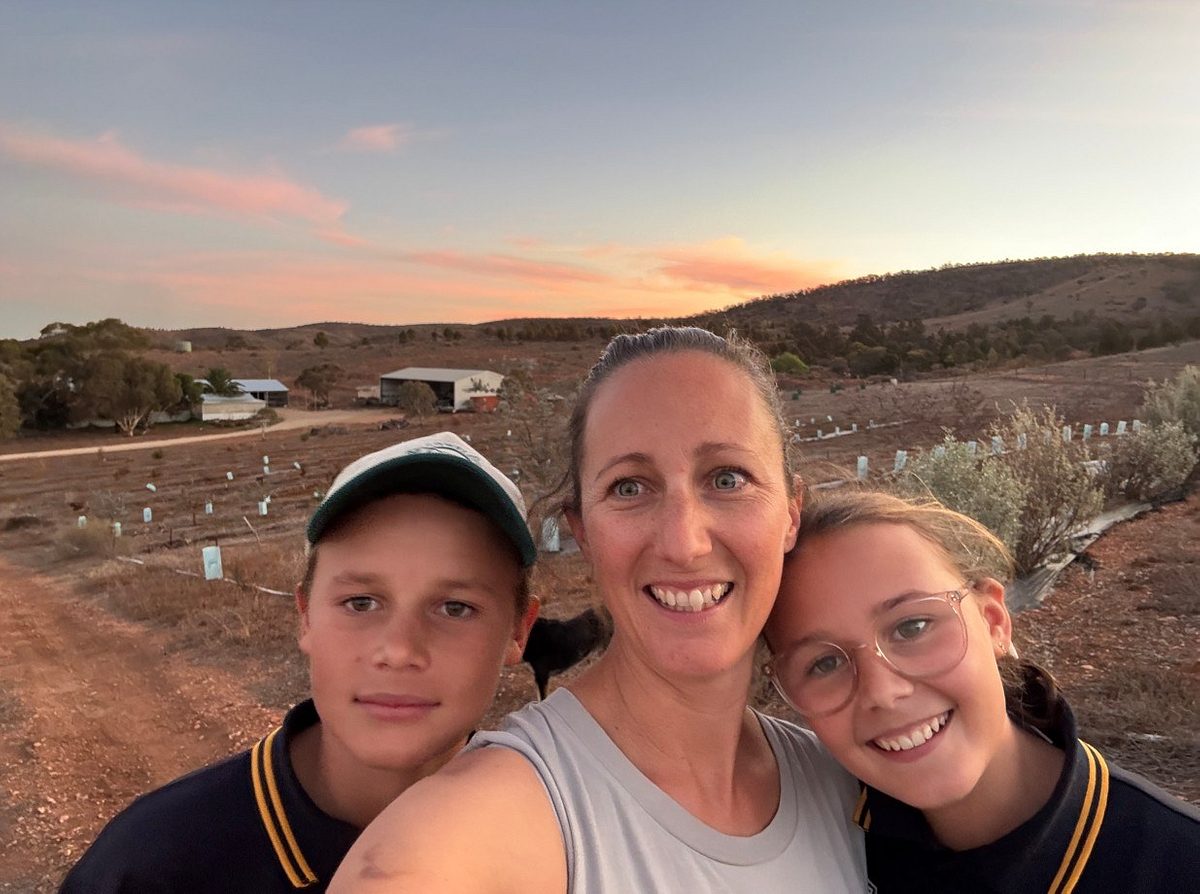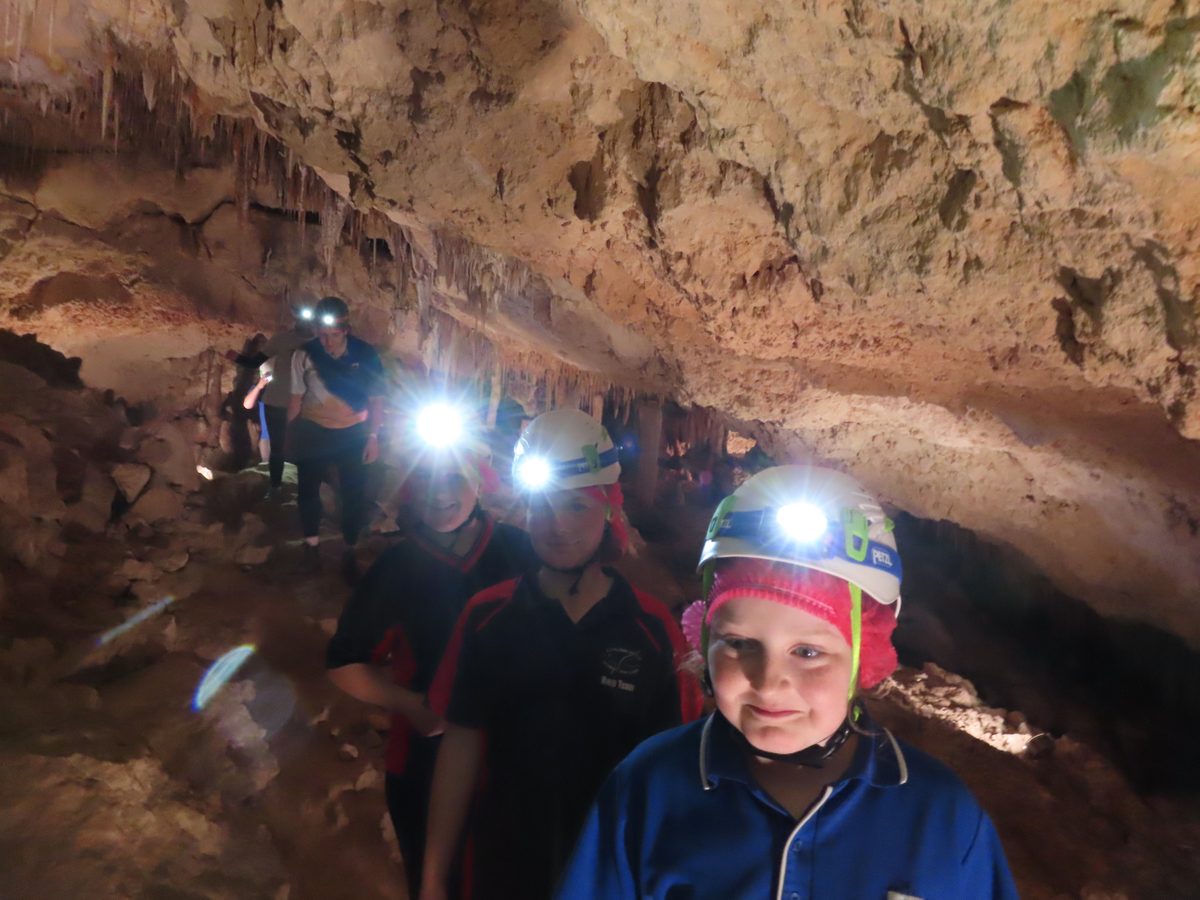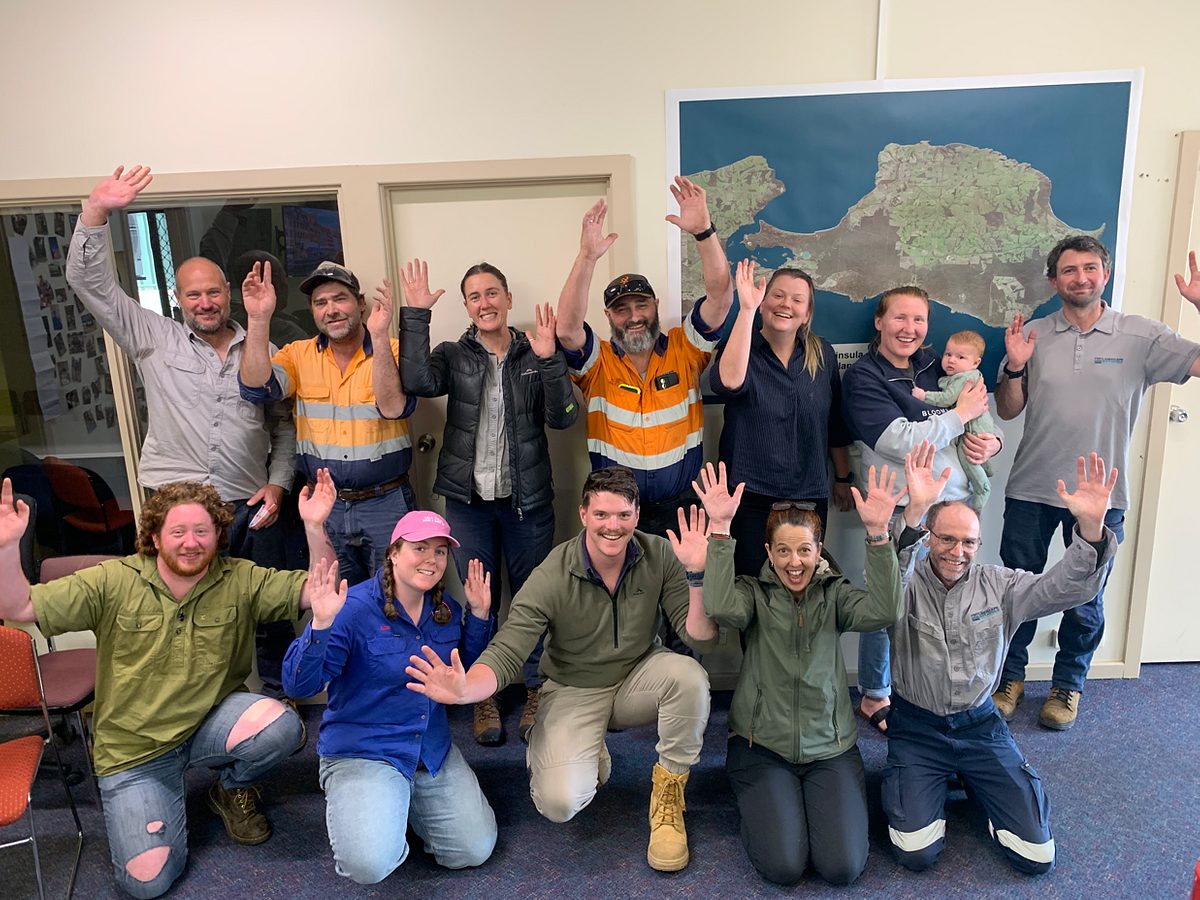Managing overabundant wildlife
Kangaroo Island’s original landscape has been transformed since European settlement into a patchwork of native vegetation interspersed with cleared agricultural land.
The abundance of pasture, crops and water points adjacent to patches of scrub has resulted in an increase in the numbers of kangaroos, wallabies and possums.
Natural Resources Kangaroo Island (NRKI) manager of parks and sustainable landscapes, Robert Ellis, said too many kangaroos, wallabies and possums can have an adverse impact on agriculture, native vegetation and on other wildlife.
“Possums for example, eat native bird eggs and compete with hollow-nesting birds such as glossy black-cockatoos.
“NRKI can help landholders on properties that are impacted by overabundant wildlife.
“We can organise a property inspection, discuss various wildlife management options, and where necessary, we can issue a control permit,” Mr Ellis said.
The management of overabundant native wildlife must be in accordance with the National Parks and Wildlife Act 1972, which provides for the conservation and management of wildlife.
Mr Ellis said it is important that landholders submit a Permit to destroy wildlife application form before undertaking any wildlife management activities.
“Permits are specific to the property and landholders who apply, and do not cover other properties or adjacent land.
“The permit system also allows us to monitor wildlife across Kangaroo Island so that we may better understand population dynamics to inform future management options,” Mr Ellis said.
Download a Permit to destroy wildlife form from The Department of Environment, Water and Natural Resources (DEWNR) website http://www.environment.sa.gov.au/managing-natural-resources/Plants_Animals/Permits_licences/Native_animals_in_the_wild/Permits_to_Destroy_Wildlife.
To find out more about NRKI’s plans for overabundant native species, visit the NRKI NRM plan webpage http://www.landscape.sa.gov.au/ki/home or contact the natural resources centre in Kingscote, P. 08 8553 4444.



